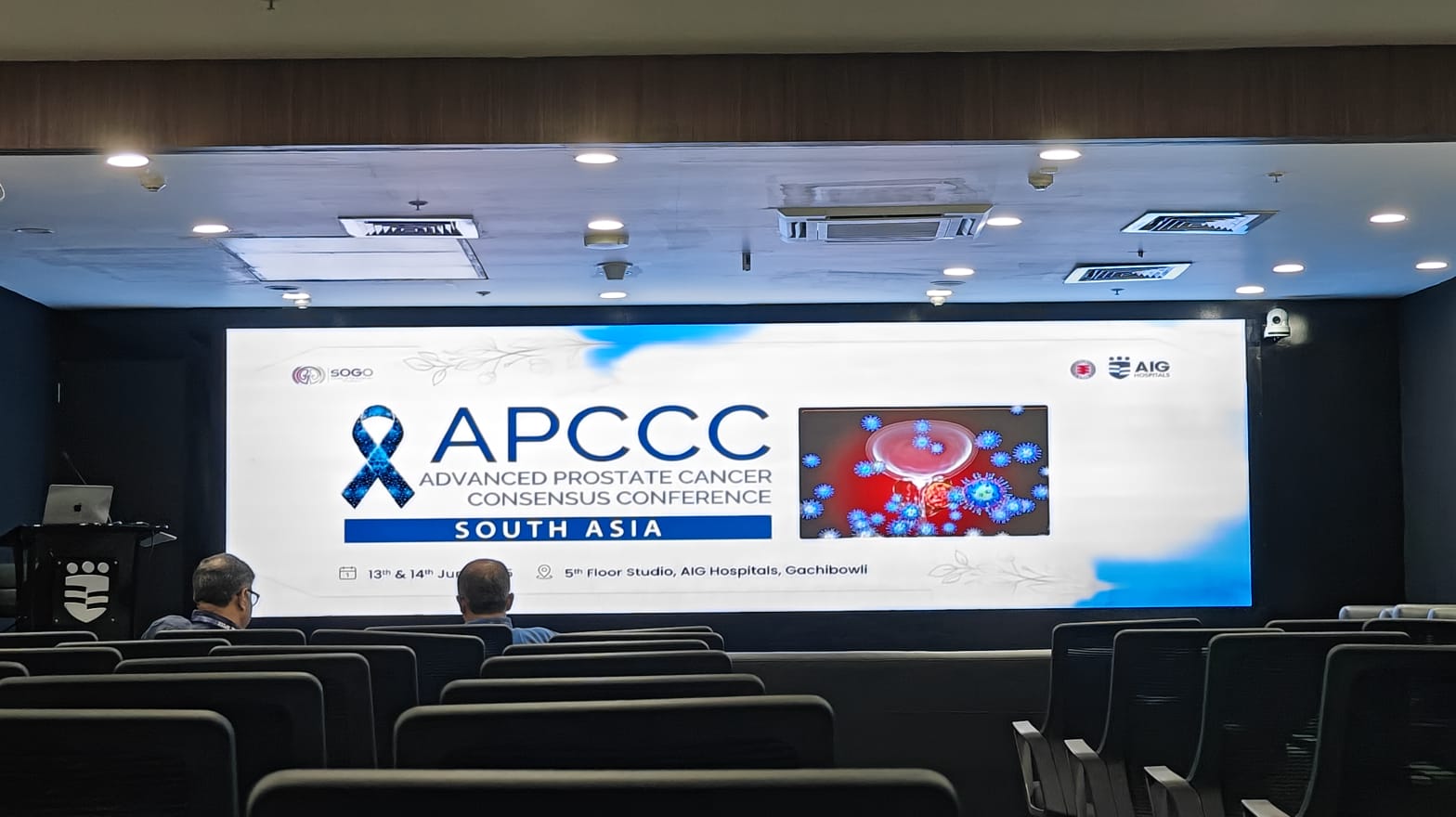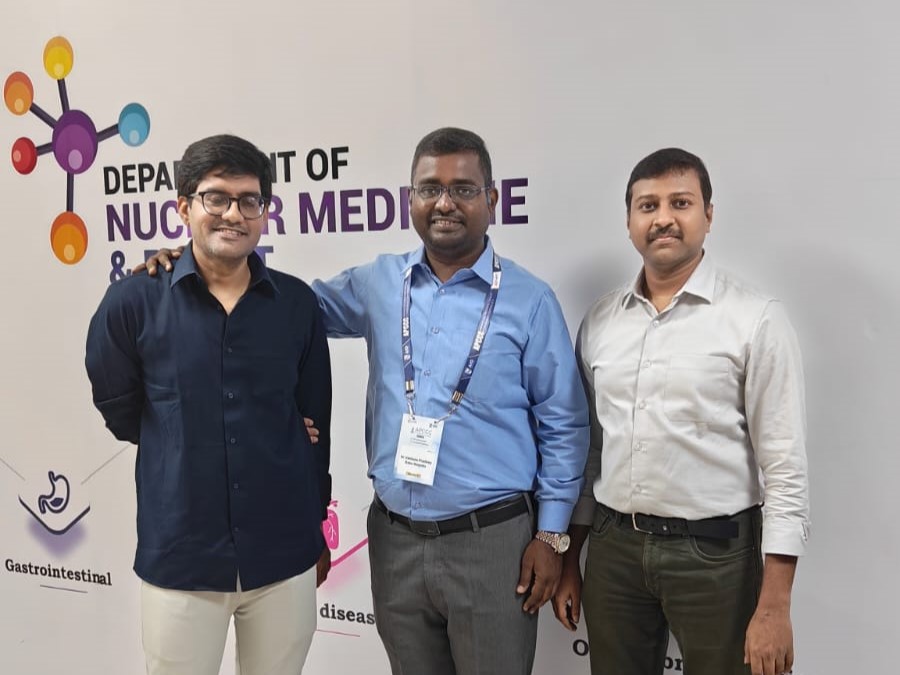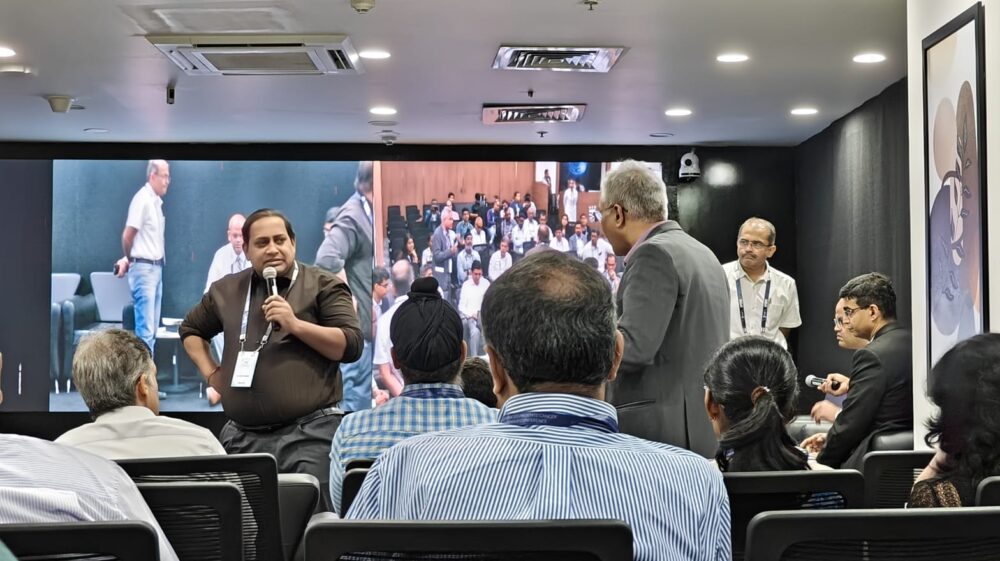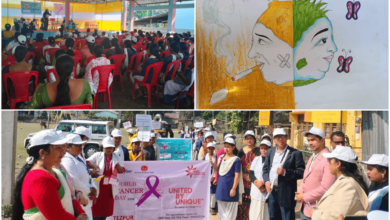Tezpur Oncologist joins Global Effort to rewrite Prostate Cancer Guidelines

Tezpur, June 17, 2025 (Tuesday): A leading cancer specialist from Tezpur has returned from a groundbreaking medical conference that could change how prostate cancer is treated across South-East Asia and India. Dr Venkata Pradeep Babu Koyyala, Director of Shankara Cancer & Research Institute in Tezpur, served as both faculty member and voting member at the First Advanced Prostate Cancer Consensus Conference (APCCC), South-East Asian Edition, held in Hyderabad at AIG Hospitals.
The conference brought together top cancer doctors from across the region, including specialists in urology, radiation therapy, and medical oncology. Their mission was to adapt global cancer treatment guidelines specifically for South-East Asian and Indian patients.

New Treatment Names Could Save Lives
One of the most important decisions made at the conference was agreeing on a new, unified name for a powerful cancer treatment combination. This treatment pairs Androgen-Receptor Pathway Inhibitors (ARPI) with Androgen-Deprivation Therapy (ADT) – a combination that has dramatically improved outcomes for patients with advanced prostate cancer.
The new terminology approved in Hyderabad now needs final approval from the main APCCC committee in Switzerland before becoming part of worldwide treatment guidelines.
“Clear language leads to clear practice,” Dr Koyyala explained. “By agreeing on a common name, we make it easier for every doctor – whether they work in big city hospitals or small district hospitals – to offer the same evidence-based care to their patients.”
Growing Concern in India
Prostate cancer is becoming increasingly common in India. Among men over 65, it is already the second-most common cancer after lung cancer. Worldwide, prostate cancer accounts for roughly 14 percent of all new male cancers.
However, survival rates vary widely across different regions, largely due to differences in early detection programs and access to modern treatments. Conferences like APCCC aim to reduce these gaps and ensure all patients receive the best possible care.

Latest Treatment Breakthroughs
The conference highlighted several exciting advances in prostate cancer treatment:
Triple Therapy Shows Promise: Adding ARPIs to standard hormone therapy, often combined with chemotherapy drug docetaxel, has improved patient survival in recent clinical trials reported at the ASCO-GU 2025 conference.
Targeted Treatments Expand: PARP inhibitor drugs now benefit men whose tumors have specific DNA-repair gene mutations, moving cancer care toward more personalized treatment approaches.
Gentler Hormone Therapy: Research into estrogen skin patches suggests a new way to control cancer while reducing some of the side effects that come with traditional hormone treatments.
Expert Advice for Men
Dr Koyyala offers clear guidance for men concerned about prostate cancer risk: “Men over 50 – or over 45 if there is a family history of prostate cancer – should talk with their doctor about a simple PSA blood test.”
He emphasizes that lifestyle choices still matter significantly. “A balanced diet, regular exercise, and quitting tobacco all lower overall cancer risk,” he noted.
The oncologist also highlighted how much treatment has improved: “Today’s treatments – from image-guided radiotherapy to next-generation hormonal pills – mean most prostate cancers are curable when caught early.”

Bringing Global Standards to Assam
Shankara Cancer & Research Institute plans to host a free prostate cancer screening camp in Tezpur this September, coinciding with Prostate Cancer Awareness Month.
“Our goal is to bring the benefits of these new guidelines straight to Assam’s doorstep,” Dr Koyyala said, emphasizing the institute’s commitment to making world-class cancer care accessible to local communities.
The conference represents a significant step forward in ensuring that patients across South-East Asia and India have access to the most up-to-date, evidence-based prostate cancer treatments, regardless of where they live.









